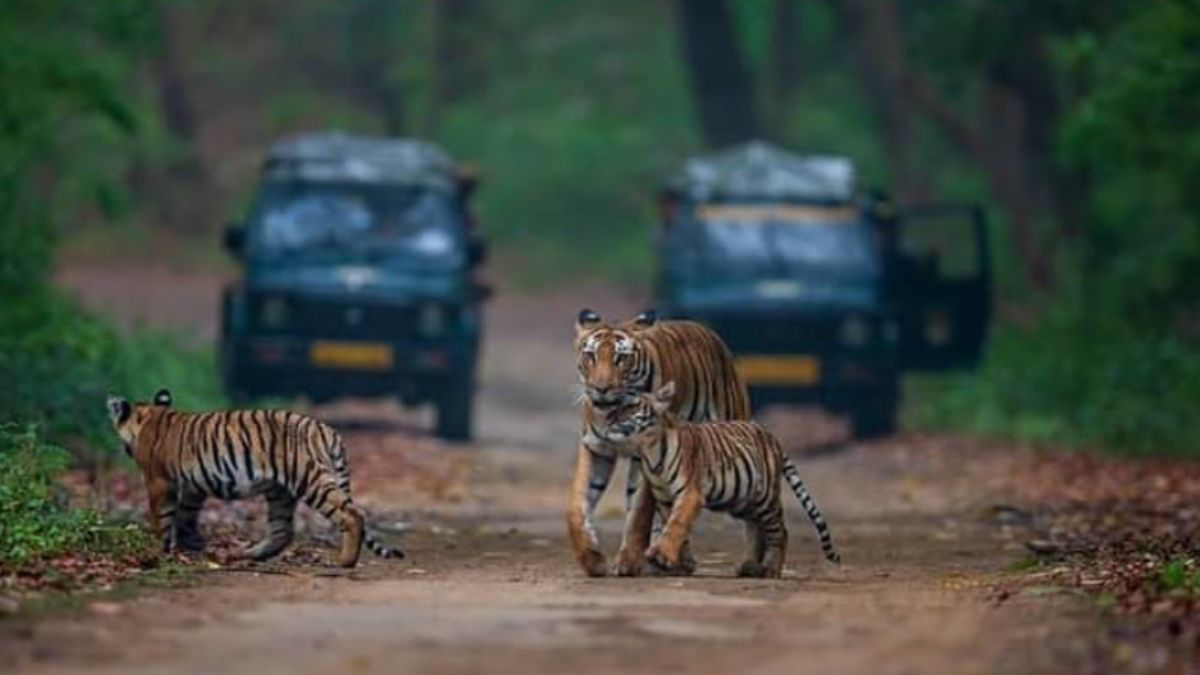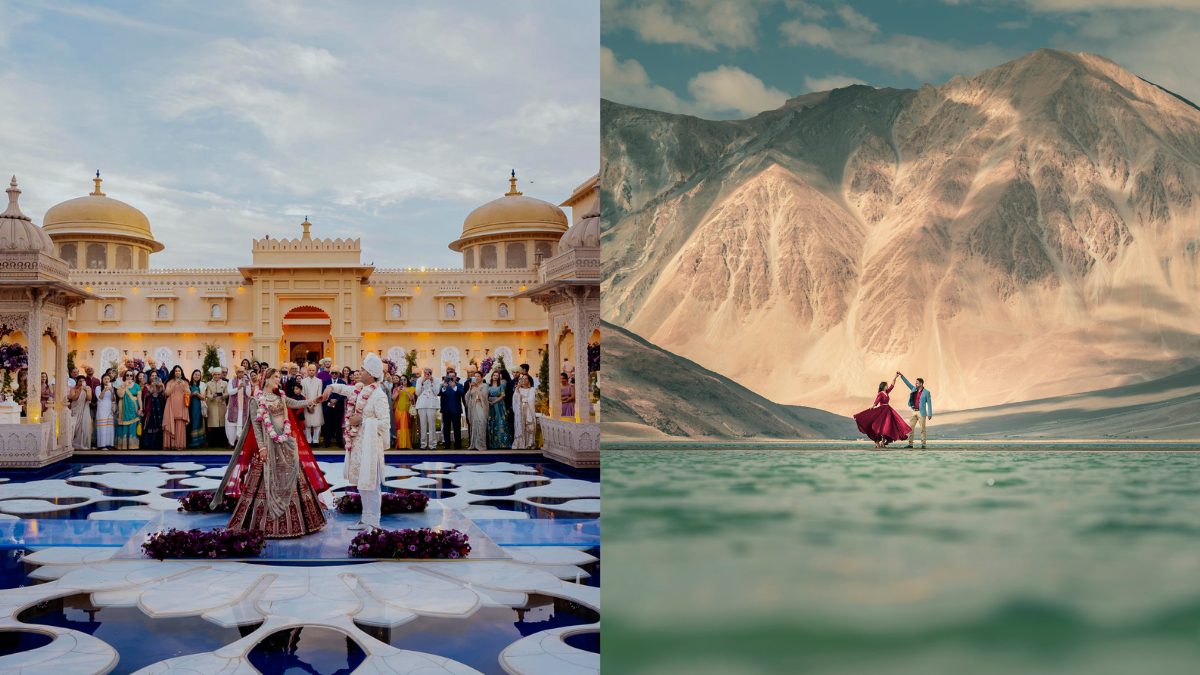To be able to witness diversified wildlife is always a once-in-a-lifetime opportunity. And what better way to satisfy that nature lover in you, than a visit to the famous Jim Corbett National Park! A part of the rich flora-fauna of Uttarakhand, the National Park is a perfect biodiversity hotspot, well known for its Bengal tigers. So here we have curated a detailed guide for you to explore the wilderness of the national park. Read on!
About The Jim Corbett National Park
The National Park, known as the Paradise of Tigers in India, is named after the famous tiger hunter Jim Corbett. The first Tiger Conservation Project in India houses more than 580 species of birds, 110 species of trees, 50 species of mammals, and 25 species of reptiles. A total of 73% of the park’s area is trees and only 10% is grassland.
View this post on Instagram
Best Time To Visit
If you want to explore and indulge in the wilderness of the National Park to the fullest, then plan a trip from November to February. During this period of time, the region sports balanced weather, and all the zones are open to tourists.
How To Reach Jim Corbett?
Travelling to Jim Corbett National Park in itself is a thrilling experience. There are different modes of communication you can choose from as the Park is well connected to all important cities.
By Air
The Jolly Grant Airport in Dehradun is the nearest airport to Jim Corbett national park. It is at a distance of around 170 km from the park. Once you reach, a 3-4 hour journey by cab or taxi will take you to the beautiful Jim Corbett.
By Train
The closest railway station is the Ramnagar railway, which is around 3 km from Jim Corbett National Park. Once you reach, just book a cab from Ramnagar to the national park.
By Road
If you love road trips then here’s your chance to enjoy one. The national park can be reached easily by road from most major cities in India. An added bonus is that the roads are well-maintained too!
View this post on Instagram
Safari Tours And Zones
Before going for a safari tour at the National Park, there are a few things you need to keep in mind. Firstly, it’s better to start by choosing the Safari zone. Then comes the timings based on the seasons and time of your visit. The bookings here are made by the forest officials based on the guidelines of the Indian Forest Department.
There are five Safari zones:
- Bijrani Zone is well known for spotting tigers. So if you are willing to look at one of the Big cats up close, better choose the Bijrani Zone.
- Jhirna Zone is a must-visit for anyone wanting to have a Safari tour to explore the dense wildlife and lush green locations in Jim Corbett.
- Dhela Zone offers visitors some great buffer areas.
- Dhikala Zone is rich in biodiversity.
- Durga Devi Zone is best for bird watching. In this zone of the National park, you can spot varied species of birds.
-
View this post on Instagram
Safari Prices And Timings
Safari Prices
- INR. 5000 per jeep per safari ( Maximum 6 Adults & 2 Kids Below 12 Years are allowed in one Jeep )
- Price (Foreigner):- INR. 9000 per jeep per safari ( Maximum 6 Adults & 2 Kids Below 12 Years are allowed in one Jeep )
Timings
- Morning 06:00 AM – 10:00 AM
- Evening 02:30 PM – 06:30 PM
View this post on Instagram
Where To Stay?
You can choose your temporary abode from a variety of comfortable options located near the National Park. One of the most popular resorts beside the National Park is Jim’s Jungle Retreat. The stay is quite comfortable and the cherry on top is its amazing food. There’s also the Aahana Corbett Wilderness if you are looking for something more simple and close to nature. Tourists can also opt for Wood Castle Spa & Resort, Taj Corbett Resort & Spa, Lemon Tree Premier, and the stylish Winsome Resort & Spa.
View this post on Instagram
Also read: 5 Best Jungle Stays In Jim Corbett National Park
Now that you know enough details about this National park, when are you planning a visit? Do let us know in the comments section below!
Feature Image Courtesy – Jim Corbett National park




